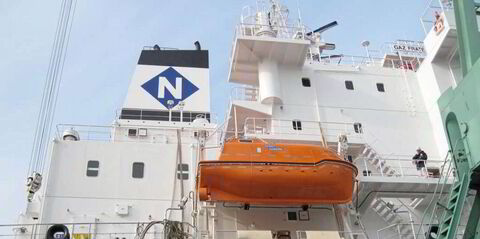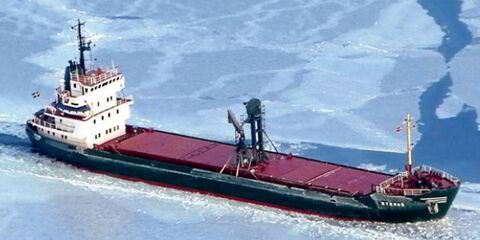Nordisk lawyer Michael Brooks has penned a hard-hitting warning that letters of indemnity (LOIs) are dangerous and current protection and indemnity club wordings could be improved.
In the club’s annual report, he highlights a London High Court ruling, made in March, to illustrate the need for shipowners to tread carefully when asked to accept LOIs.
Brooks, an English solicitor and former Sinclair, Roche & Temperley partner, warns that LOIs are “downright dangerous”.
“We don’t like them. We advise members against accepting them, but we recognise they have become a necessary evil to lubricate the wheels of commerce,” he said.“We know owners will accept them to keep customers happy — perhaps for fear of losing future business. When cargoes are hard to come by, and profit margins are thin or non-existent, what choice does an owner have,” he asks.
Brooks says LOIs requiring the delivery of cargo without production of a bill of lading are probably the worst of all.
He advises members that an LOI is only valuable if it can be enforced.
Accepting LOIs signed by a charterer can be “sheer madness”, unless that charterer has money.
“Don’t be fooled by the charterer’s status as part of a large trading group. Ask whether the specific chartering entity has money, since, frequently, a trading company will use a captive, but worthless, chartering arm. We would recommend insisting that the LOI is issued by the ultimate holding company."
Brooks says Nordisk has been arguing for standard P&I club wordings to be amended since the early 1990s.
The wording was amended in the wake of the Bremen Max case in 2009, but in March, Justice Andrew Baker issued a ruling in London’s High Court on an LOI dispute involving the 20,000-dwt product carrier Songa Winds (built 2009), the Navig8 Chemicals pool, Songa Chemical and Glencore Agriculture.
Brooks says Nordisk has drafted an amendment it believes is an improvement on the standard P&I club wording.



